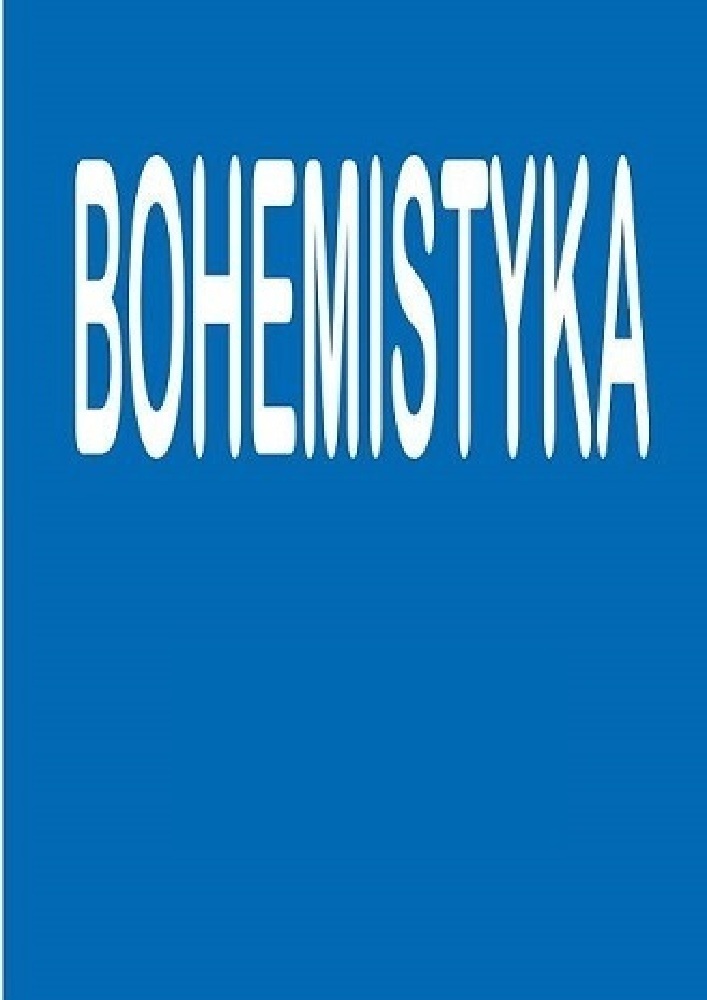Abstract
The paper deals with the phenomenon of verbal aggression treated as a specific feature of communication in interpersonal exchanges and in mass media as well as in political discourse. The aggression in the socio-psychological sense is based in instinctive self-defense (or defense of one´s own territory); seen in the broader framework of social interaction, aggressive communication occurs in two forms: a/ as a hostile aggression which is impulsive, driven by anger and primarily aiming at harming the target; b/ as an instrumental aggression which is premeditated as a means of retaliation or obtaining some goal. Analyses of dialogues should demonstrate that the aggressive/openly offensive communication can be seen not just as a borderline case of impoliteness but, more accurately, as a parallel phenomenon, a communicative strategy which can use vulgarities but can dispense with them as well. An offensive and inconsiderate communicative strategy does not necessarily imply openly vulgar communication or the usage of derogatory language. On the other hand, using argumentative fallacies, i.e. arguments ad hominem rather than ad rem, may belong to the examples of inconsiderate and offensive communication strategies
References
Auer P., 2014, Jazyková interakce. Praha: NLN.
Brownová P., Levinson S.C., 1987, Politeness. Cambridge: CUP.
Čmejrková S., Hoffmannová J. (eds.), 2011, Mluvená čeština: hledání funkčního rozpětí. Praha: Academia.
Hirschová M., Svobodová J., 2014, Komunikační strategie v jednom typu mediálního diskursu (televizní talk-show). Olomouc: Vydavatelství UP.
Kaderka P., 2013, Pragmatika situace. „Slovo a slovesnost” 74, č. 1, s. 13–40.
Kasl Kollmannová D., 2012, Zveřejněné soukromí. Utváření obrazu soukromého života politiků v médiích. Brno: Centrum pro studium demokracie a kultury.
Kraus J., 2003, Vyjadřování polemičnosti a významových opozic v politickém diskurzu, [in:] S. Čmejrková, J. Hoffmannová (eds.), Jazyk, média, politika, Praha: Academia, s. 13–39.
Kraus J., 2010, Rétorika a řečová kultura. Praha: Karolinum.
Leech G.,1983, Principles of Pragmatics. London and New York: Longman.
Leech G., 2014, The Pragmatics of Politeness. Oxford: Oxford University Press.
Lorenz K., 1969, On Aggression. New York: Hartcourt, Brave and World.
Nakonečný M., 1999, Sociální psychologie. Praha: Academia.
Svobodová J., 2011a, Nezdvořilost jako prostředek komunikační strategie v talk-show na komerční televizní stanici. „Bohemistyka” 11, č. 1, s. 35–45.
Svobodová J., 2011b, Funkce nezdvořilosti v talk-show na komerční televizní stanici, [in:] O. Orgoňová (ed.), Jazyk a komunikácia v súvislostiach III. Bratislava: Univerzita Komenského, Filozofická fakulta, s. 140–148.
Svobodová J., 2012/13, Nezdvořilost v mediální komunikaci. „Český jazyk a literatura” 63, č. 5, s. 215–233.
Svobodová J., 2013, Identita komunikantů v jednom typu mediálního politického interview. Bohemica Olomucensia III, s. 230–248.
Svobodová J., 2014, Užití přímých strategií při ohrožení tváře komunikačního partnera v jednom typu mediálního dialogu. „Bohemistyka” 14, č. 1, s. 3–20.
Švandová B., 1999a, Argumenty a logika, [in:] M. Jelínek, B. Švandová a kol., Argumentace a umění komunikovat. Brno: MU, s. 101-134.
ŠVandová B., 1999b, Chybné argumenty (fallaciae), [in:] M. Jelínek, B. Švandová a kol., Argumentace a umění komunikovat. Brno: MU, s. 135–184.
Švehlová M., 1994, Zdvořilost a řečová etiketa. „Filologické studie” IXX [Praha: PedF UK], s. 39–61.
Toulmin S. E., 1958, The Uses of Argument. Cambridge: CUP.
Zima J., 1961, Expresivita slova v současné češtině. Praha: Nakladatelství ČSAV.
License
Copyright (c) 2018 Jindřiška Svobodová

This work is licensed under a Creative Commons Attribution-NonCommercial-NoDerivatives 4.0 International License.




